RETATRUTIDE
Retatrutide is an investigational synthetic peptide designed as a triple receptor agonist, targeting the glucose-dependent insulinotropic polypeptide (GIP), glucagon-like peptide-1 (GLP-1), and glucagon receptors. This peptide is supplied in liquid form with a purity level of ≥99%, making it suitable for in-vitro and laboratory research purposes.
$174.99 – $399.99
Overview
Retatrutide is currently under clinical investigation for its potential effects on metabolic disorders. Its unique mechanism of action involves simultaneous activation of GIP, GLP-1, and glucagon receptors, offering a multifaceted approach to metabolic regulation.
Product Research
-
Obesity and Weight Management
Clinical trials have demonstrated that retatrutide may lead to significant reductions in body weight. In a 48-week phase 2 study involving adults with obesity, participants receiving retatrutide experienced an average weight loss of up to 24.2%, compared to 2.1% in the placebo group [1].
-
Type 2 Diabetes and Glycemic Control
Retatrutide has shown promise in improving glycemic control in individuals with type 2 diabetes. A phase 2 trial reported substantial reductions in HbA1c and body weight among treated participants, with adverse effects primarily limited to gastrointestinal symptoms [2].
-
Non-Alcoholic Fatty Liver Disease (NAFLD)
A substudy within a clinical obesity trial reported that participants with metabolic dysfunction-associated steatotic liver disease (MASLD) experienced significant reductions in liver fat content after 24 weeks of retatrutide administration [3].
-
Cardiovascular Health
Emerging studies indicate that retatrutide may positively influence lipid metabolism, blood pressure, and inflammatory markers—factors that are critical in cardiovascular health management [4].
-
Metabolic Syndrome
Due to its triple agonist mechanism, retatrutide may help address multiple components of metabolic syndrome by promoting weight loss, enhancing glucose regulation, and improving overall metabolic efficiency [5].
Disclaimer
This product is intended for laboratory research and development purposes only. It is not approved for human consumption, medical, or veterinary use. Any information provided is solely for scientific reference. Use only under qualified laboratory conditions.
Referenced Citations
- Jastreboff AM, et al. Triple-hormone-receptor agonist retatrutide in adults with obesity. N Engl J Med. 2023. PMID: 37366315
- Frias JP, et al. Retatrutide for patients with type 2 diabetes. N Engl J Med. 2023. PMID: 37385280
- Abdelmalek MF, et al. Effect of retatrutide on liver fat content in MASLD. N Engl J Med. 2024. PMID: 38858523
- Yanovski SZ, et al. Cardiometabolic outcomes with triple agonist therapies. Lancet Diabetes Endocrinol. 2024. PMID: 38356208
- Sinha A, et al. Metabolic regulation via GIP/GLP-1/glucagon agonists. Nat Med. 2024. PMID: 38367045
Related Products
Overview
Retatrutide is currently under clinical investigation for its potential effects on metabolic disorders. Its unique mechanism of action involves simultaneous activation of GIP, GLP-1, and glucagon receptors, offering a multifaceted approach to metabolic regulation.
Product Research
-
Obesity and Weight Management
Clinical trials have demonstrated that retatrutide may lead to significant reductions in body weight. In a 48-week phase 2 study involving adults with obesity, participants receiving retatrutide experienced an average weight loss of up to 24.2%, compared to 2.1% in the placebo group [1].
-
Type 2 Diabetes and Glycemic Control
Retatrutide has shown promise in improving glycemic control in individuals with type 2 diabetes. A phase 2 trial reported substantial reductions in HbA1c and body weight among treated participants, with adverse effects primarily limited to gastrointestinal symptoms [2].
-
Non-Alcoholic Fatty Liver Disease (NAFLD)
A substudy within a clinical obesity trial reported that participants with metabolic dysfunction-associated steatotic liver disease (MASLD) experienced significant reductions in liver fat content after 24 weeks of retatrutide administration [3].
-
Cardiovascular Health
Emerging studies indicate that retatrutide may positively influence lipid metabolism, blood pressure, and inflammatory markers—factors that are critical in cardiovascular health management [4].
-
Metabolic Syndrome
Due to its triple agonist mechanism, retatrutide may help address multiple components of metabolic syndrome by promoting weight loss, enhancing glucose regulation, and improving overall metabolic efficiency [5].
Disclaimer
This product is intended for laboratory research and development purposes only. It is not approved for human consumption, medical, or veterinary use. Any information provided is solely for scientific reference. Use only under qualified laboratory conditions.
Referenced Citations
- Jastreboff AM, et al. Triple-hormone-receptor agonist retatrutide in adults with obesity. N Engl J Med. 2023. PMID: 37366315
- Frias JP, et al. Retatrutide for patients with type 2 diabetes. N Engl J Med. 2023. PMID: 37385280
- Abdelmalek MF, et al. Effect of retatrutide on liver fat content in MASLD. N Engl J Med. 2024. PMID: 38858523
- Yanovski SZ, et al. Cardiometabolic outcomes with triple agonist therapies. Lancet Diabetes Endocrinol. 2024. PMID: 38356208
- Sinha A, et al. Metabolic regulation via GIP/GLP-1/glucagon agonists. Nat Med. 2024. PMID: 38367045
| Size | 5MG, 10MG, 15MG |
|---|
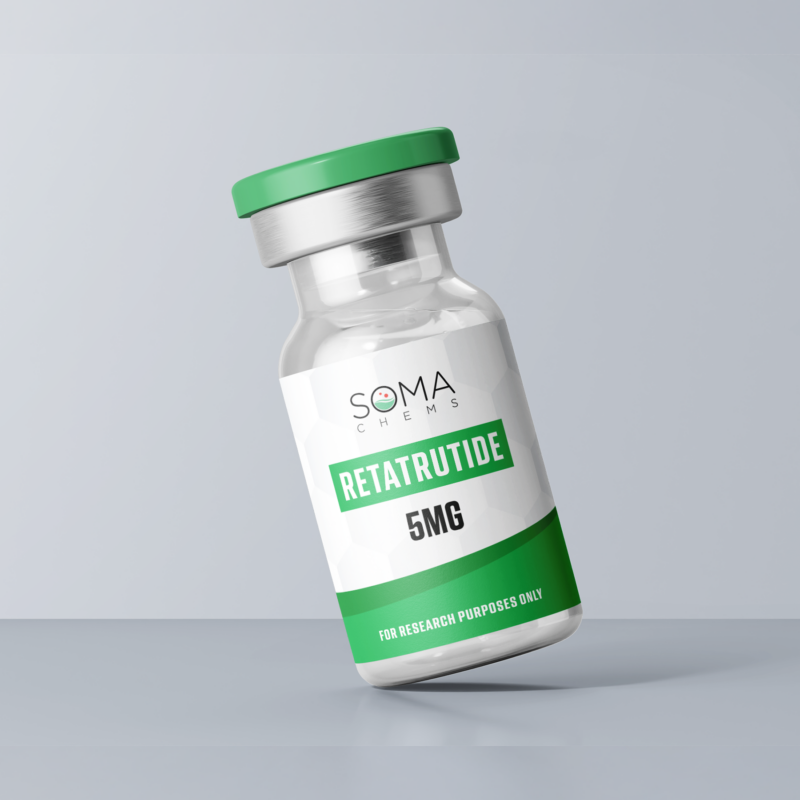
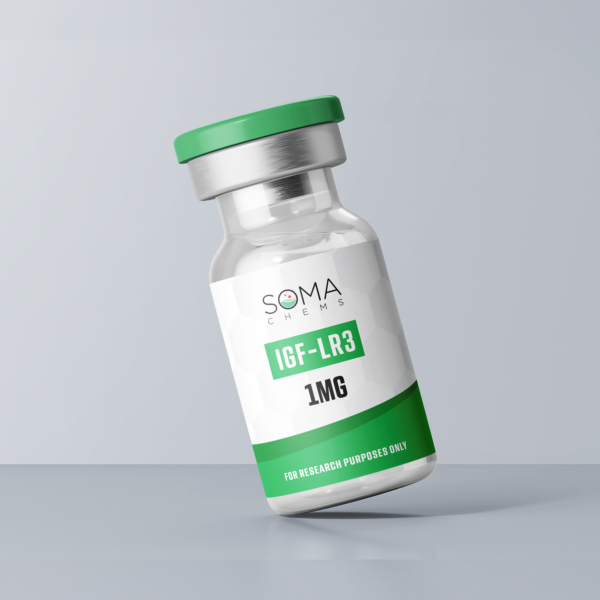
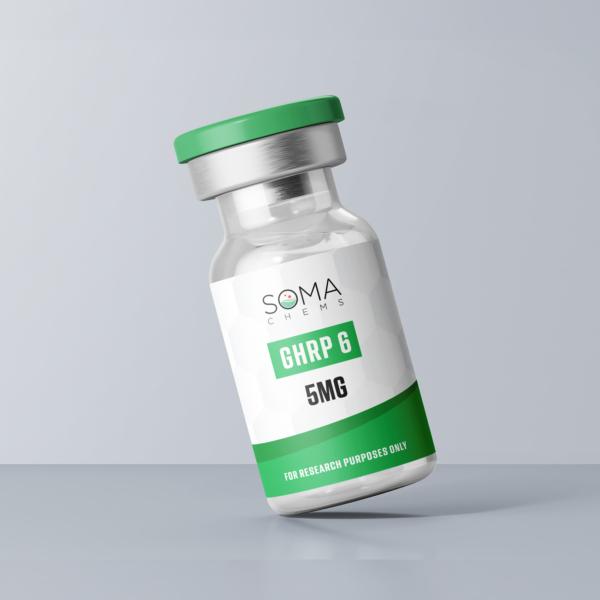
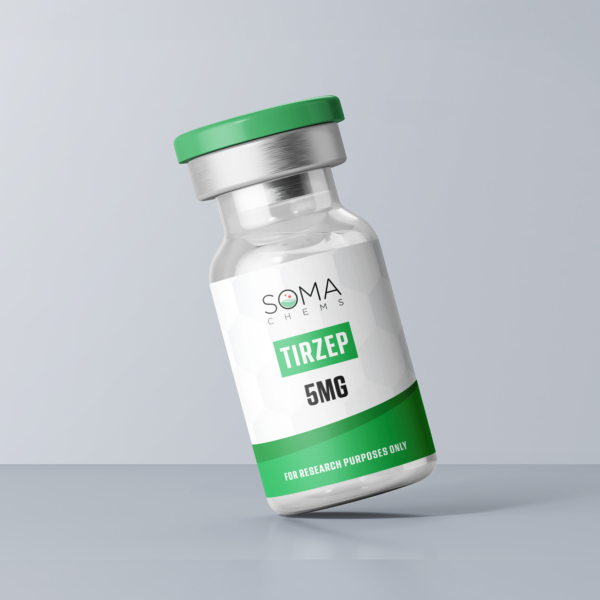
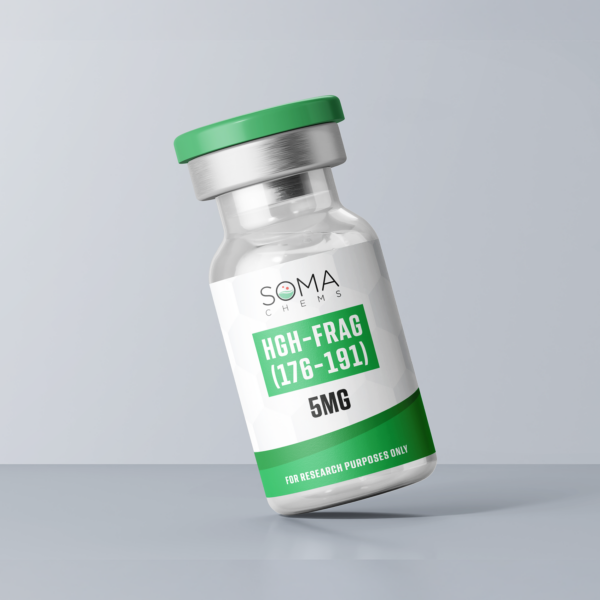
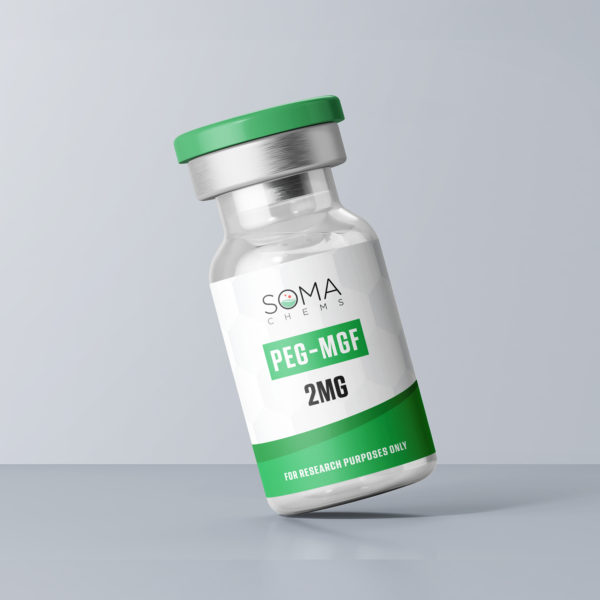
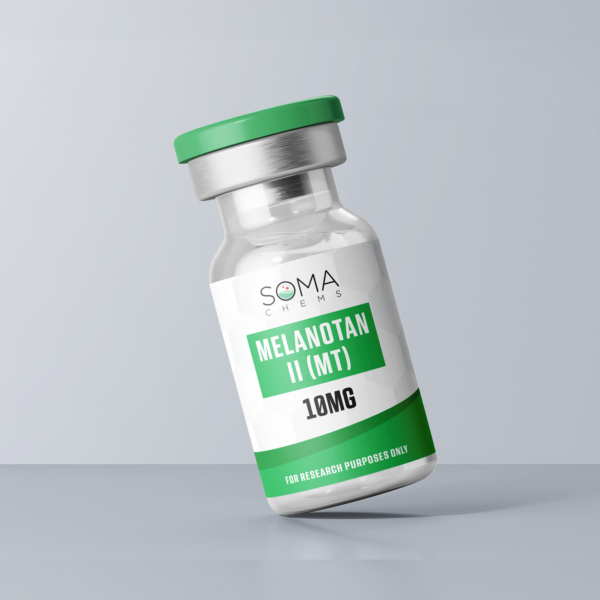
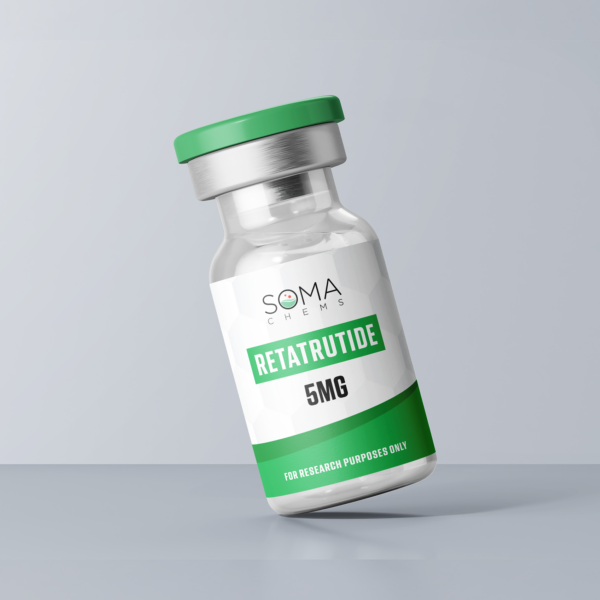
Reviews
There are no reviews yet.